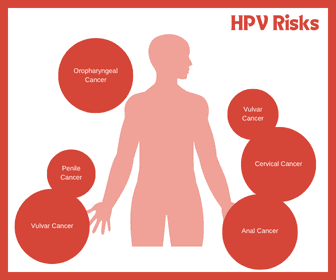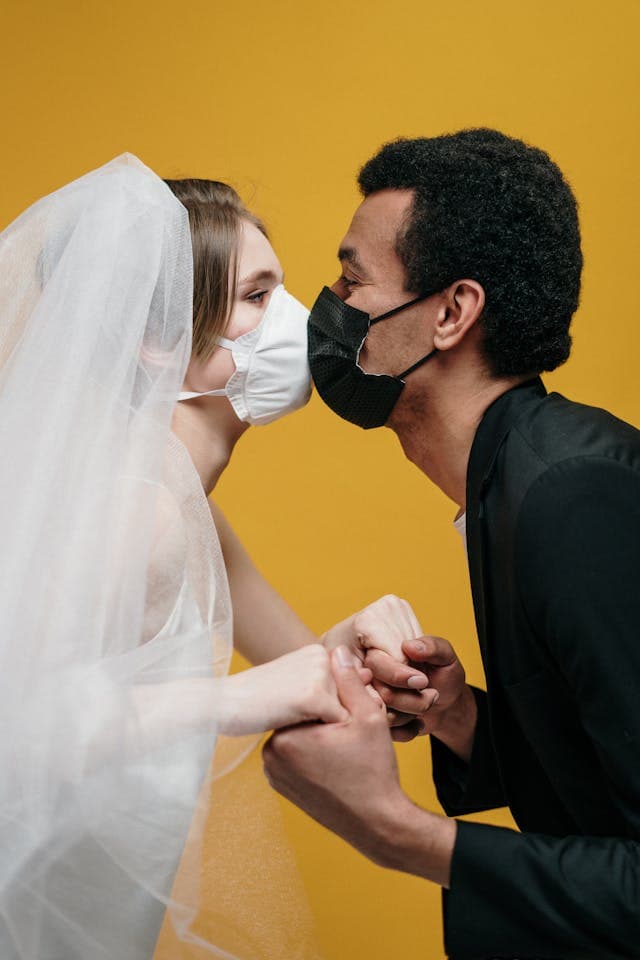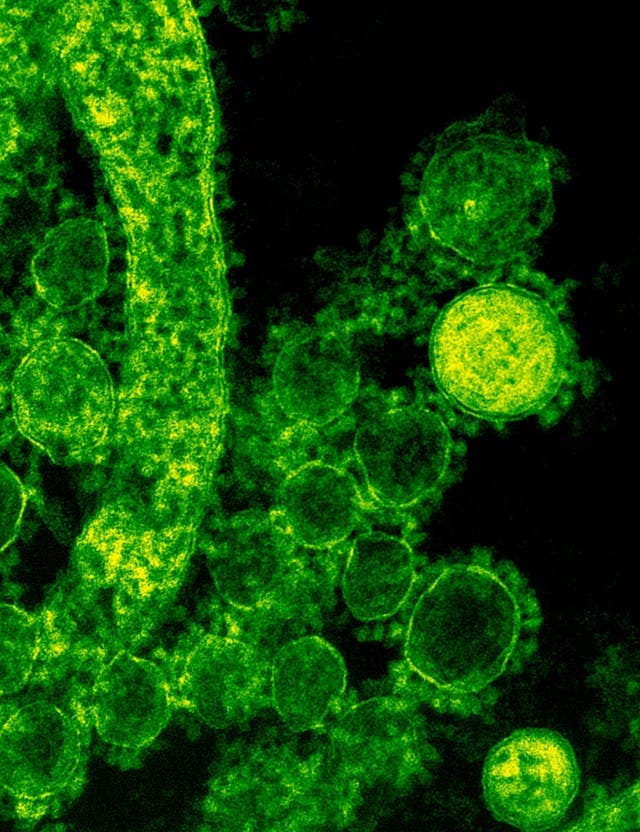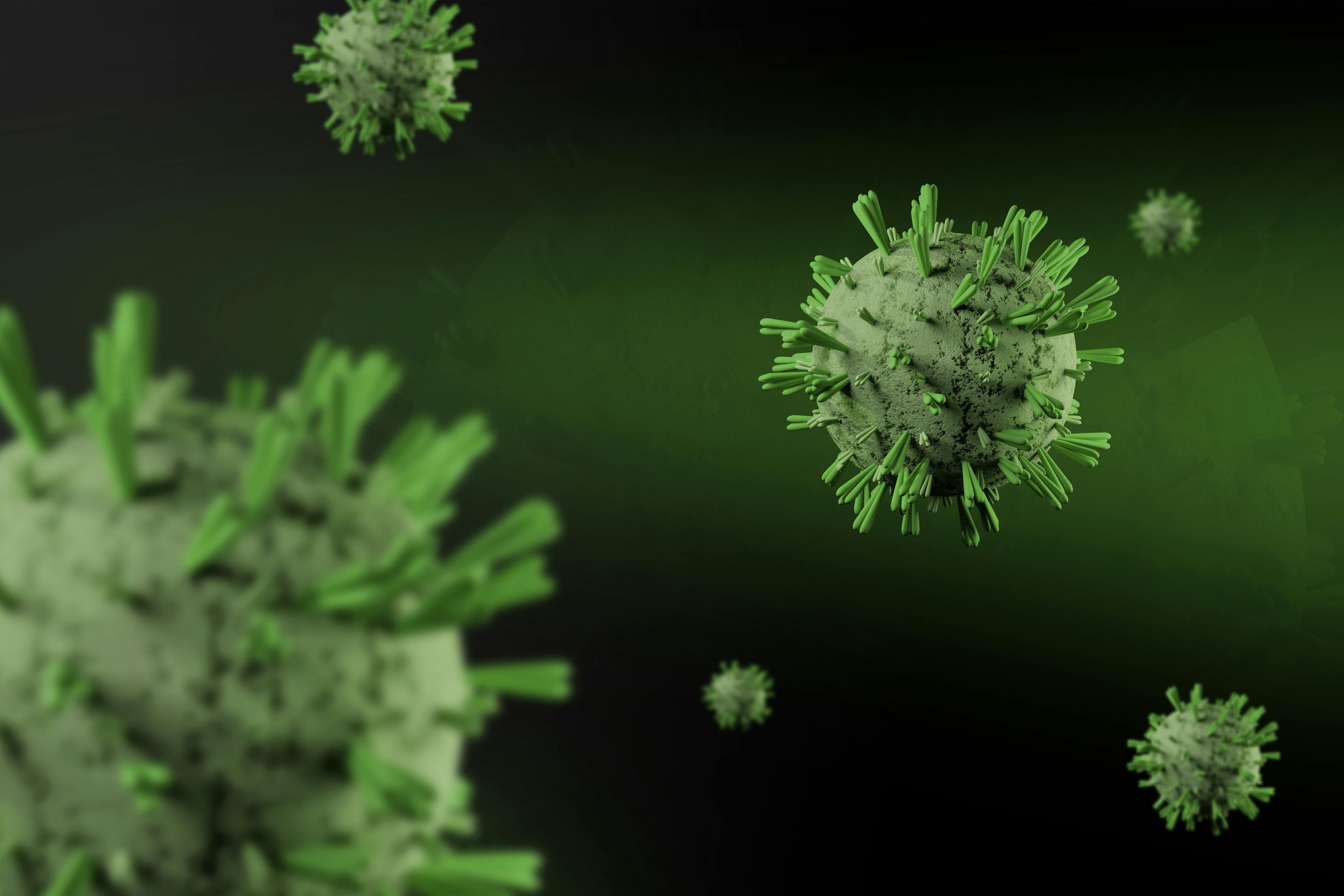Did you know that a simple vaccine can significantly reduce your risk of developing certain types of cancer? Yes, we’re talking about the HPV vaccine, a powerful preventive tool against the Human Papillomavirus (HPV). With cervical cancer being one of the leading cancers among women in India, the HPV vaccine is a game-changer.
At Dr. Vaccines, we’re all about making health accessible, simple, and effective. Let’s dive into the history of the HPV vaccine, why it’s a must-have, and how you can make sure you’re protected!
A Quick Look Back: The History of the HPV Vaccine
The journey to the HPV vaccine began with groundbreaking research in the early 2000s. Scientists found that persistent HPV infections could lead to cervical cancer, and this discovery set the stage for one of the most important medical breakthroughs. The first vaccines, Gardasil and Cervarix, hit the market in 2006 and 2007, targeting HPV types 16 and 18, which cause 70% of cervical cancers worldwide.
The vaccine has evolved since then, covering more strains and offering even better protection. Today, we have Gardasil 9, which protects against nine different types of HPV. That’s progress worth celebrating!
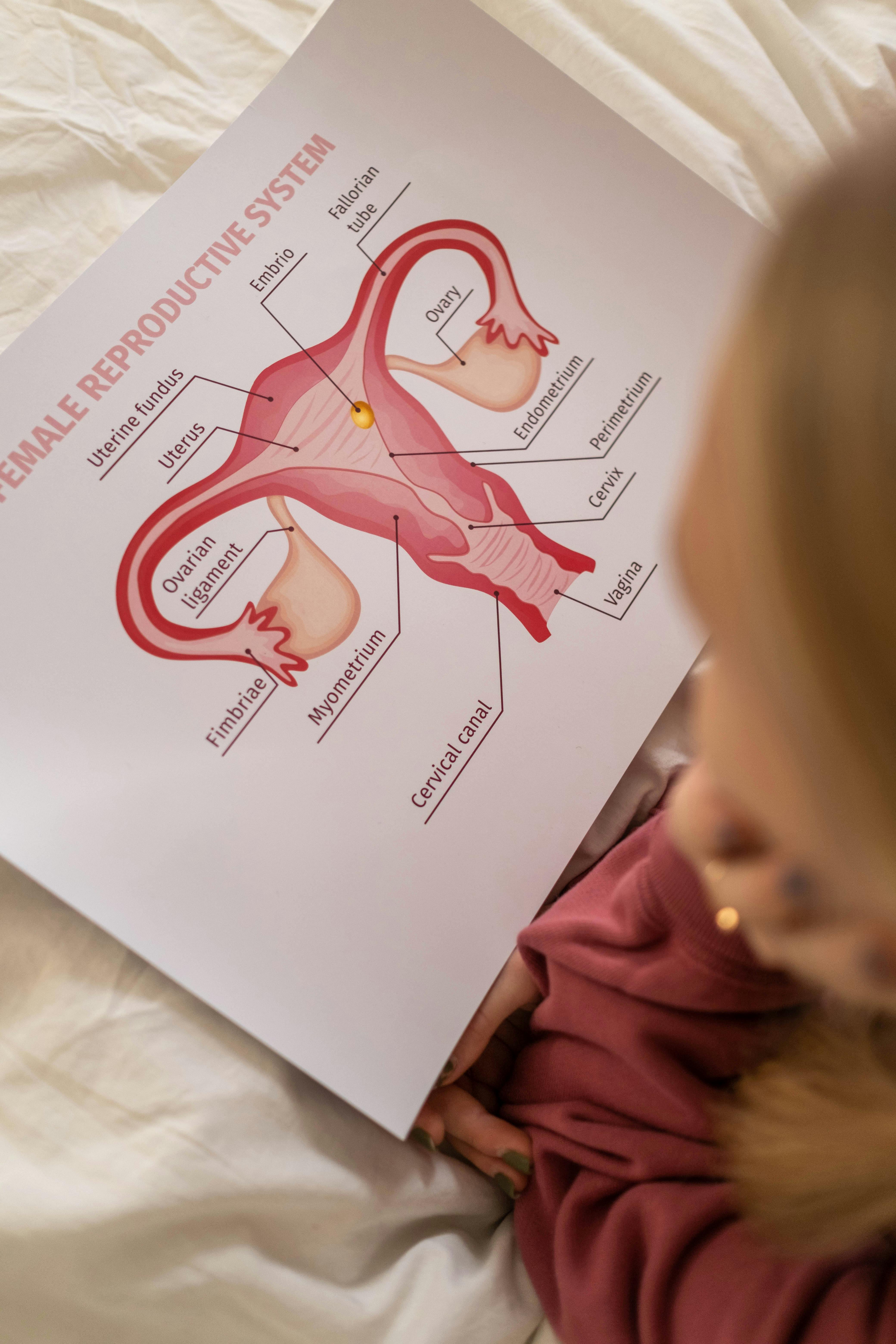
Why Should You Care About the HPV Vaccine?
1. It Prevents Cancer – Yes, You Read That Right!
The HPV vaccine isn’t just about preventing a virus; it’s about stopping cancers before they start. From cervical cancer to cancers of the throat, anus, and even penis, HPV is responsible for a host of issues you don’t want. Why wait for the problem when you can prevent it altogether?
2. Effective and Proven
The vaccine is most effective when given before any exposure to the virus, which is why it’s recommended for preteens (around 9-14 years old). Don’t worry; it’s safe, thoroughly tested, and has been protecting millions globally since its launch. Even if you're older, it’s still a great idea to get vaccinated!
3. Saves You Money in the Long Run
Think about it – cancer treatments can be emotionally, physically, and financially draining. Getting vaccinated now means fewer hospital visits, fewer medications, and fewer worries in the future. It’s not just about health; it’s about peace of mind.
4. Reduces the Spread of HPV
Vaccinating not only protects the individual but also contributes to herd immunity, reducing the overall circulation of the virus. This means fewer infections in the community, protecting those who might not be eligible for the vaccine.
5. Recommended for Both Genders
HPV doesn’t just affect women – it affects men too. That’s why the vaccine is recommended for both boys and girls. By vaccinating both genders, we can curb the spread of HPV-related cancers and diseases more effectively.
The Dosing Regimen: What You Need to Know
The dosing schedule can be a bit different depending on where you are. Let’s break it down so it’s clear and easy:
In India (ICMR & Ministry of Health Recommendations):
- Ages 9-14: Two doses (at 0 and 6 months)
- This two-dose regimen is super effective if started early. Ideal for preteens!
- Ages 15-26: Three doses (at 0, 1–2, and 6 months)
- If you’re starting later, no worries! Just make sure to complete all three doses.
- Vaccine Options:
- Cervavac (India’s first locally developed HPV vaccine by the Serum Institute of India, covering four strains. It is an affordable and effective option that supports India's goal of reducing cervical cancer cases)
- Gardasil and Cervarix (Internationally trusted brands available in India)
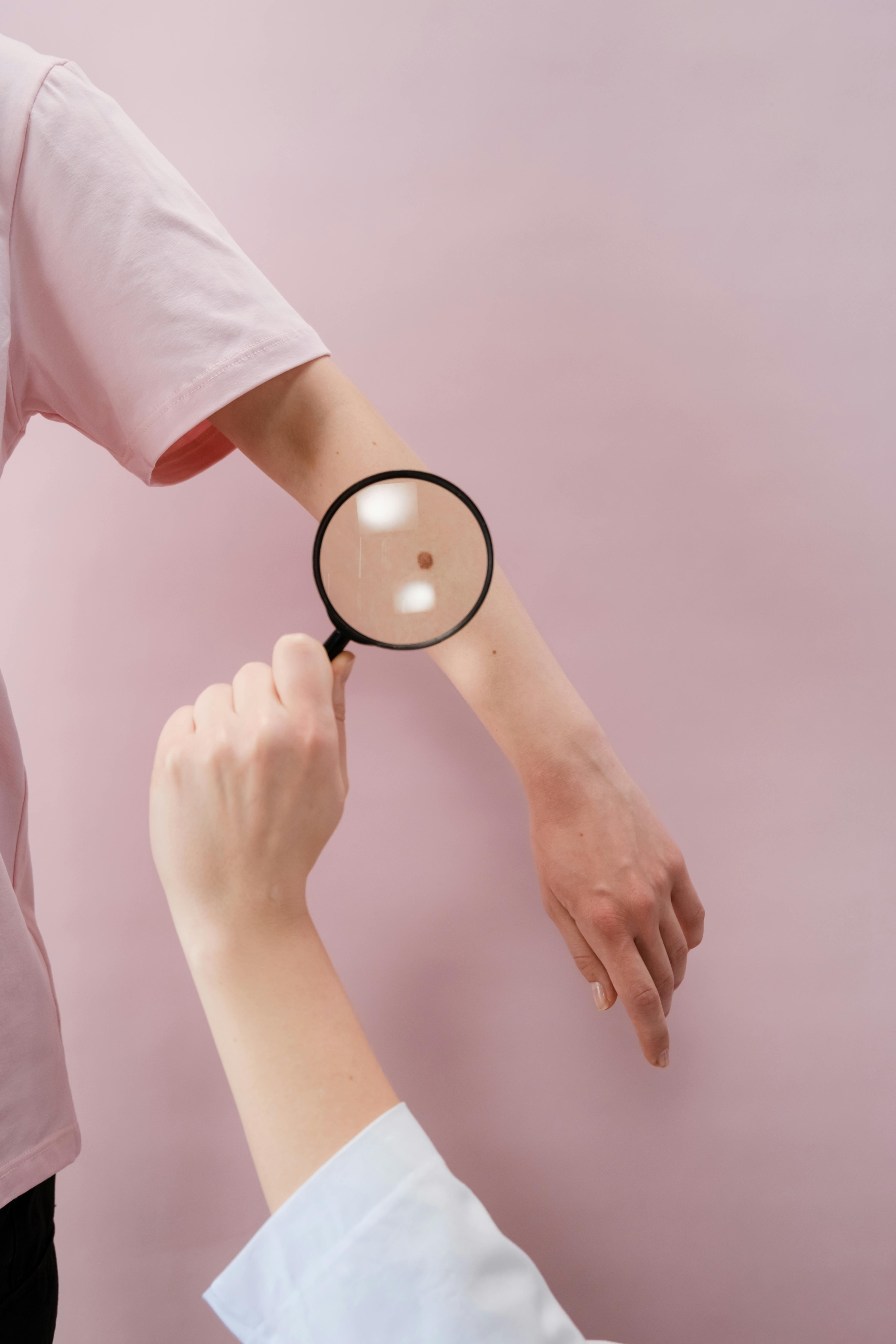
Global Recommendations (WHO & CDC):
- Ages 9-14: Two doses (at 0 and 6-12 months)
- International guidelines also support two doses for young adolescents.
- Ages 15-45: Three doses (at 0, 1–2, and 6 months)
- Countries like the U.S. recommend the vaccine up to age 45. The three-dose schedule offers robust protection.
Types of HPV Vaccines Available
- Cervavac:
- Developed in India, this vaccine covers four strains of HPV.
- Designed to make HPV protection more accessible and affordable across the country.
- Encouraged for use in national immunization programs to help reduce cervical cancer rates in India.
- Gardasil:
- Covers four HPV strains (types 6, 11, 16, and 18).
- Effective against both cancer-causing strains and those that cause genital warts.
- Gardasil 9:
- Covers nine HPV strains, offering the broadest protection.
- Includes additional types responsible for about 90% of cervical cancer cases and other HPV-related cancers.
- Cervarix:
- Focuses on two high-risk strains (16 and 18).
- Primarily designed to protect against cervical cancer.
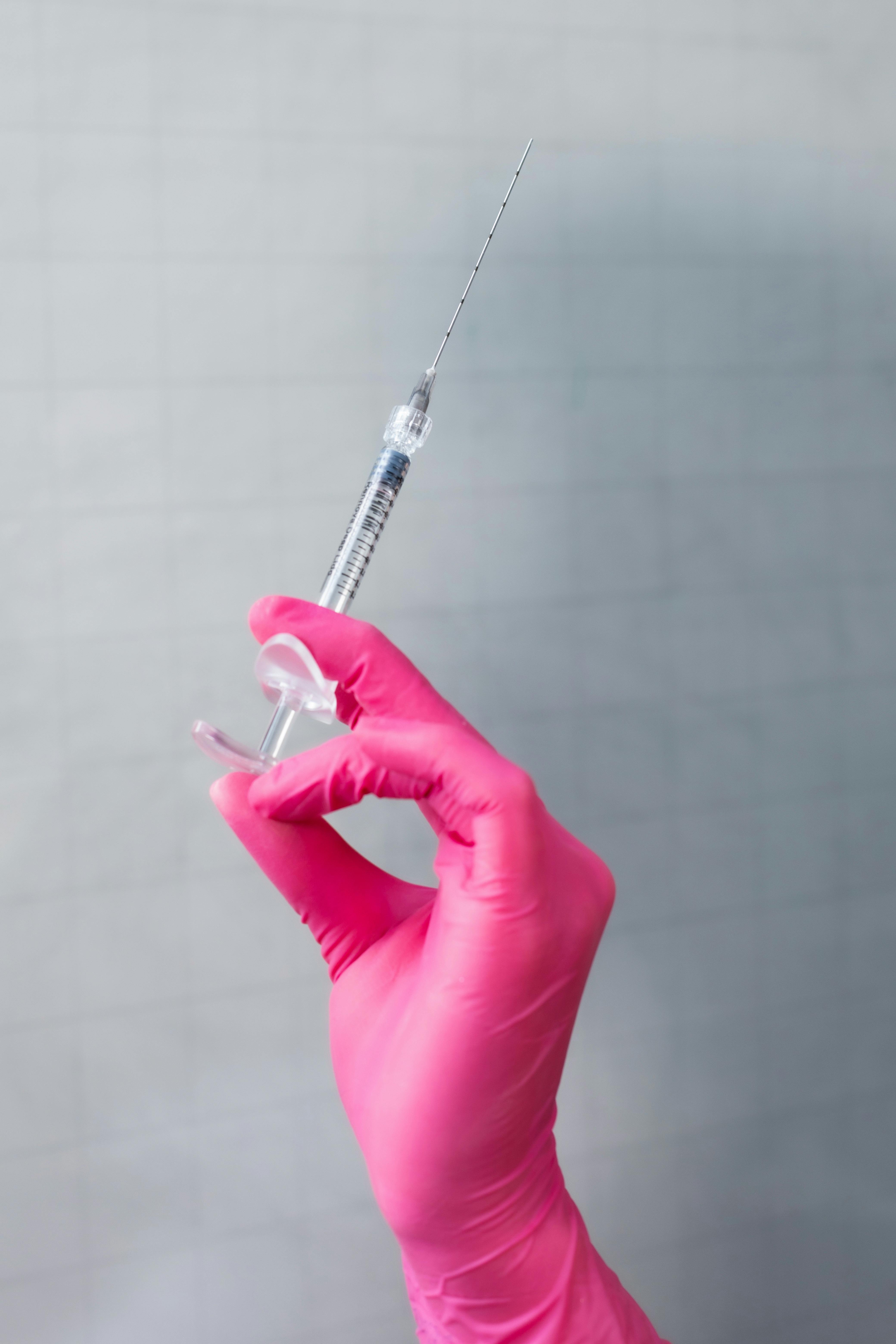
Before You Get Vaccinated, Here’s What to Keep in Mind
- Timing Is Everything: The earlier, the better! Start the vaccine regimen before exposure to the virus.
- It’s Safe & Tested: Mild side effects like arm soreness and low fever might happen, but serious issues are rare.
- Complete the Course: Make sure to get all the recommended doses for full protection.
Why Dr. Vaccines Is Your Best Choice for HPV Vaccination
At Dr. Vaccines, we believe in making preventive care simple, effective, and convenient. Here’s why you should choose us:
- Trusted & Accredited: We provide vaccines from reputable manufacturers, stored under strict quality control.
- Personalized Plans: From students to frequent travelers, we’ve got tailored vaccination plans to suit your needs.
- Easy Reminders: Once registered, you’ll get reminders for your next dose, so you don’t have to worry about missing out.
- Hassle-Free Booking: Walk into our clinic in Hyderabad or schedule your appointment online. We make it easy!
- Comprehensive Care: We provide guidance on all your vaccine-related questions and concerns, ensuring that your experience is smooth and informed.
A Step Toward A Cancer-Free Future – Take Action Now!
By choosing to get vaccinated, you're making a powerful statement: You care about your health. But it’s not just about you; it’s about protecting your loved ones and contributing to a healthier, safer community.
At Dr. Vaccines, we’re dedicated to helping you make informed health choices. Let’s work together to reduce the burden of HPV-related cancers. Whether you're a student, a parent, or a professional, getting vaccinated is a proactive step that can make a world of difference.




.jpg&w=3840&q=75)


